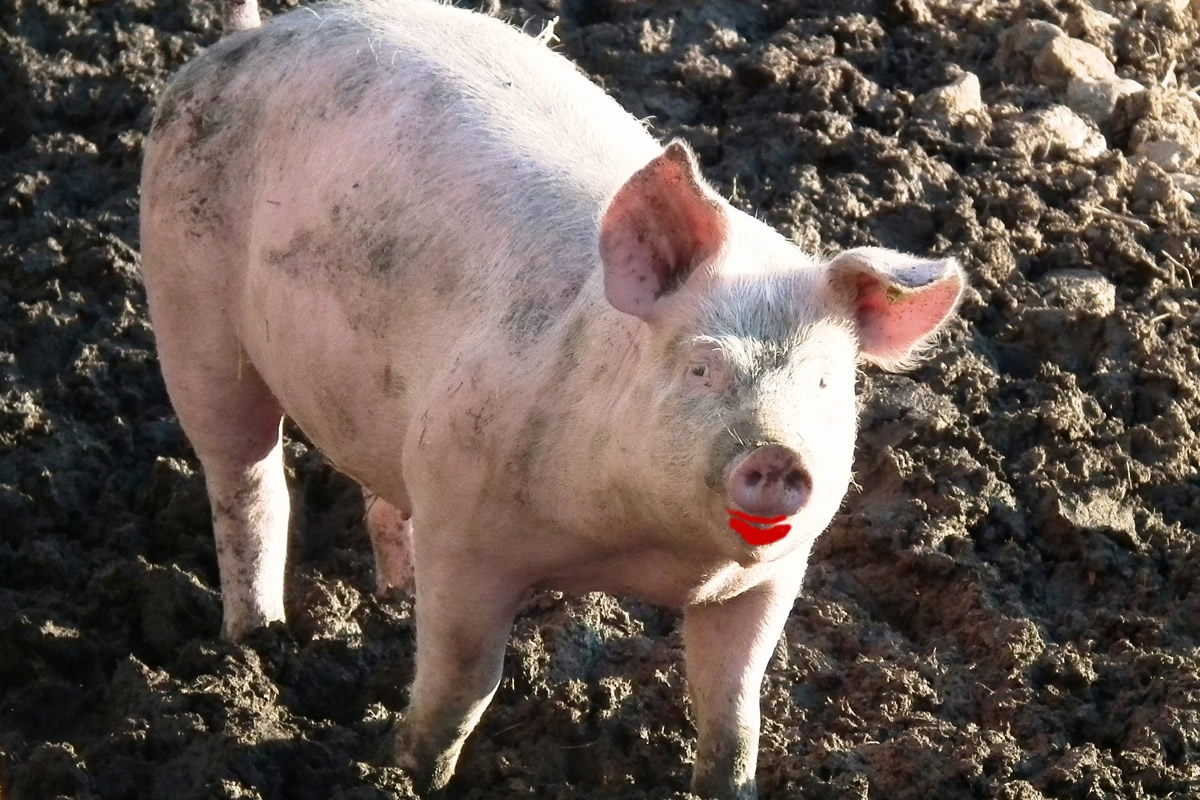
By Andy Brack, editor and publisher | Let’s see how excited we can get about the sales tax holiday put on by the state this weekend:
Whoop. Nope. Hooray. Nah. Yahoo. Not quite.
 South Carolina’s sales tax holiday is not only very bad public policy, it isn’t pandemic-friendly. In normal circumstances, the tax-free weekend is a bad idea because of the multiple inequities it creates. But during the coronavirus pandemic, it is extra risky because it encourages people to get out to shop when they’d be smarter by staying at home.
South Carolina’s sales tax holiday is not only very bad public policy, it isn’t pandemic-friendly. In normal circumstances, the tax-free weekend is a bad idea because of the multiple inequities it creates. But during the coronavirus pandemic, it is extra risky because it encourages people to get out to shop when they’d be smarter by staying at home.
If you’re going to shop this holiday for everything from school supplies and clothes to bridal gowns (yes, they qualify) to computers, do it online or keep socially-distanced. Some other items that qualify for some unknown reasons: bedding, diapers, blankets, towels, sleepwear, purses and pillows. Like those are used during school.
The Aug. 7-9 sales tax holiday from the state’s 6 percent sales tax is nothing but a legislative gimmick — a giveaway to people paying attention. Annually, South Carolina’s 5 million people save about $3 million during the 3-day holiday — less than a dollar a person.
This year, 16 states will have sales tax holidays. South Carolina has offered one since 2000.
The biggest problem with sales tax holidays is they don’t address real tax reform for the other 362 days of the year. South Carolina’s sales tax rate is high at 6 percent. It also exempts more than $3 billion of goods from any sales tax, has caps on items like cars and doesn’t do a good job of taxing services. All of the lost revenue for the state from these sources creates huge inequities and problems. It would be better, for example, to figure out a way to be fairer with sales tax by taxing more items throughout the year so the state could lower rates to, say, 4 percent. That 2 percent savings for a whole year would generate much more in savings for consumers and it would be fairer in the long run.
“Such political gimmicks distract from genuine, permanent tax relief,” according to the Tax Foundation. “If a state must offer a ‘holiday’ from its tax system, it is an implicit recognition that the tax system is uncompetitive. If policymakers want to save money for consumers, they should cut the sales tax rate year-round.”
The organization says any argument that tax holidays stimulate the economy are pure hogwash.
“Rather than stimulating new sales, sales tax holidays simply shift the timing of sales,” according to a white paper. And that actually makes it tougher for businesses because they often experience slumps before and after sales tax holidays. Any business owner would tell you she’d rather have steady, reliable, consistent sales than those that go down, then spike and then go down again. Why? Cash flow and inventory.
Other problems with sales tax holidays:
Pricing. There’s nothing in the law that keeps store owners from raising prices during sales tax holidays — so that they make more profit, even though you don’t pay the tax. It might be less expensive, for example, to get pens and paper on the weekend after the holiday when business is slower because stores have to offer lower prices to get people into emptier stores packed just a few days before.
Tax holidays can be confusing. They require a lot of public relations to explain and promote. They create complexity and instability in tax policy, which is best when it is simple. Businesses have to reprogram registers and absorb costs to train workers about the three-day holiday.
The timing can work against you. What if you’re not in the state during the holiday? Your neighbor gets the tax break; you don’t. From a policy perspective, “there is little economic justification,” the Tax Foundation argues, “for why a product purchased during one time period should be tax-exempt while the same product purchased in another time period should be taxable.”
If South Carolina really wants to help taxpayers get a break, it needs to reform its tax code, not continue fiddling with gimmicks. Deal with the sales tax pig and special interests that feed it. Don’t put lipstick on it and try to con consumers into thinking they’re getting something for nothing.
- Andy Brack is editor and publisher of Statehouse Report. His column also is published in the Charleston City Paper, Florence Morning News, Greenwood Index Journal, The (Seneca) Journal, Camden Chronicle Independent and Hartsville Messenger. Have a comment? Send to: feedback@statehousereport.com.



Your message is right on target. Want to bet that there will be an increase in Covid cases about two weeks after this weekend buying extravaganza? Maybe you’ll be writing about that in another two weeks or so!